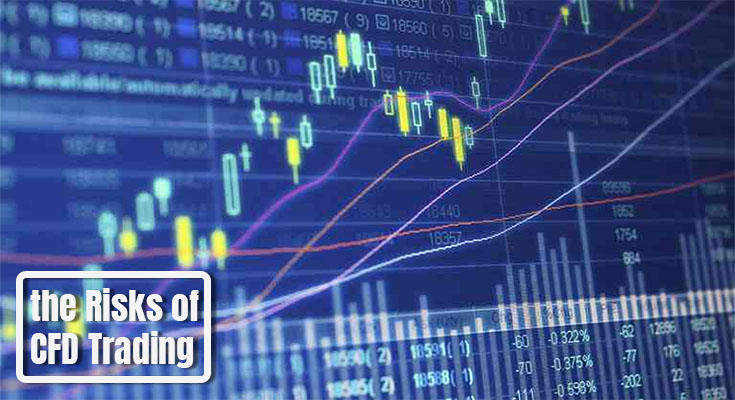
ETFs and Market Timing: Precision Strategies for Experienced Singapore Investors
Exchange-traded funds (ETFs) have become a popular investment vehicle for experienced investors in Singapore due to their versatility, low costs, and the potential for high returns. With effective market timing, ETFs can offer precision strategies catering to the nuanced demands of seasoned investors. This article delves into the intricacies of ETFs and market timing, offering valuable insights and strategies tailored for the Singapore market.
Understanding ETFs
ETFs are investment funds that trade on stock exchanges much like individual stocks. They typically track the performance of a specific index, sector, commodity, or asset class. For Singapore investors, there are various types of ETFs to consider:
- Equity ETFs: Track stock indices like the Straits Times Index (STI) or global indices like the S&P 500.
- Bond ETFs: Invest in government or corporate bonds, providing steady income and lower risk.
- Commodity ETFs: Track the performance of commodities like gold, oil, or agricultural products.
- Sector


